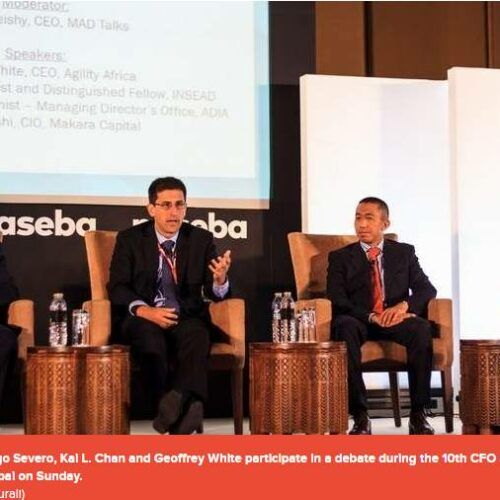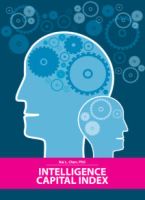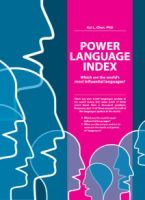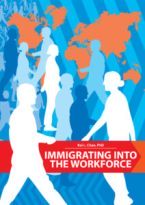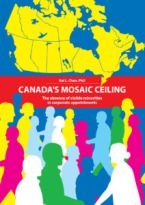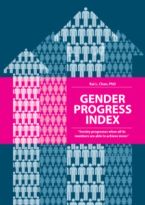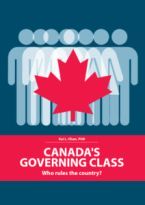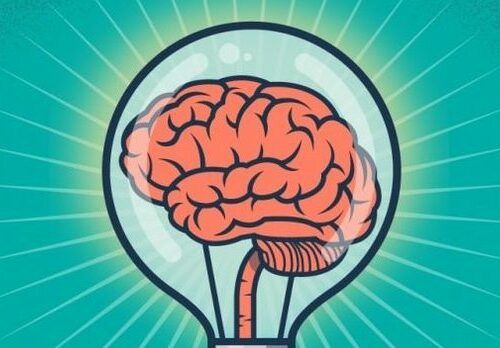
Countries capitalise on the knowledge economy to advance Published: 16:59 July 14, 2017 Joseph A. Kechichian, Senior Writer Beirut: Lebanon, which frequently boasts of its unique education capabilities ranked 100th with a low score of 16.9 [or simply a D] in the Intelligence Capital Index. The first Arab country on the list, the UAE, closed in at the 49th spot, followed by Qatar (60), Saudi Arabia (62), Kuwait (63), Bahrain (65), Oman (76), Jordan (80), Tunisia (85), Morocco (94), Egypt (98), and Algeria (103). Kai L. Chan, a distinguished fellow at the French-led INSEAD global business school, published the unique Intelligence Capital Index for 128 countries that aimed to gauge the ability of countries to capitalise on the knowledge economy by assessing their environments for education, creativity and talent attraction. The first five countries in the INSEAD roster were the US, UK, Germany, Australia and Singapore. Israel came in at 25, Turkey at 54 and Iran at 82. Most of issues that motivated rankings were related to education creativity and talent attraction, and while Lebanon certainly enjoyed the talent, most of its gifted innovators succeeded abroad instead of thriving in their native land. The INSEAD barometer focused on each country’s…

 Countries capitalise on the knowledge economy to advance Published: 16:59 July 14, 2017 Joseph A. Kechichian, Senior Writer Beirut: Lebanon, which frequently boasts of its unique education capabilities ranked 100th with a low score of 16.9 [or simply a D] in the Intelligence Capital Index. The first Arab country on the list, the UAE, closed in at the 49th spot, followed by Qatar (60), Saudi Arabia (62), Kuwait (63), Bahrain (65), Oman (76), Jordan (80), Tunisia (85), Morocco (94), Egypt (98), and Algeria (103). Kai L. Chan, a distinguished fellow at the French-led INSEAD global business school, published the unique Intelligence Capital Index for 128 countries that aimed to gauge the ability of countries to capitalise on the knowledge economy by assessing their environments for education, creativity and talent attraction. The first five countries in the INSEAD roster were the US, UK, Germany, Australia and Singapore. Israel came in at 25, Turkey at 54 and Iran at 82. Most of issues that motivated rankings were related to education creativity and talent attraction, and while Lebanon certainly enjoyed the talent, most of its gifted innovators succeeded abroad instead of thriving in their native land. The INSEAD barometer focused on each country’s…
Countries capitalise on the knowledge economy to advance Published: 16:59 July 14, 2017 Joseph A. Kechichian, Senior Writer Beirut: Lebanon, which frequently boasts of its unique education capabilities ranked 100th with a low score of 16.9 [or simply a D] in the Intelligence Capital Index. The first Arab country on the list, the UAE, closed in at the 49th spot, followed by Qatar (60), Saudi Arabia (62), Kuwait (63), Bahrain (65), Oman (76), Jordan (80), Tunisia (85), Morocco (94), Egypt (98), and Algeria (103). Kai L. Chan, a distinguished fellow at the French-led INSEAD global business school, published the unique Intelligence Capital Index for 128 countries that aimed to gauge the ability of countries to capitalise on the knowledge economy by assessing their environments for education, creativity and talent attraction. The first five countries in the INSEAD roster were the US, UK, Germany, Australia and Singapore. Israel came in at 25, Turkey at 54 and Iran at 82. Most of issues that motivated rankings were related to education creativity and talent attraction, and while Lebanon certainly enjoyed the talent, most of its gifted innovators succeeded abroad instead of thriving in their native land. The INSEAD barometer focused on each country’s… 

